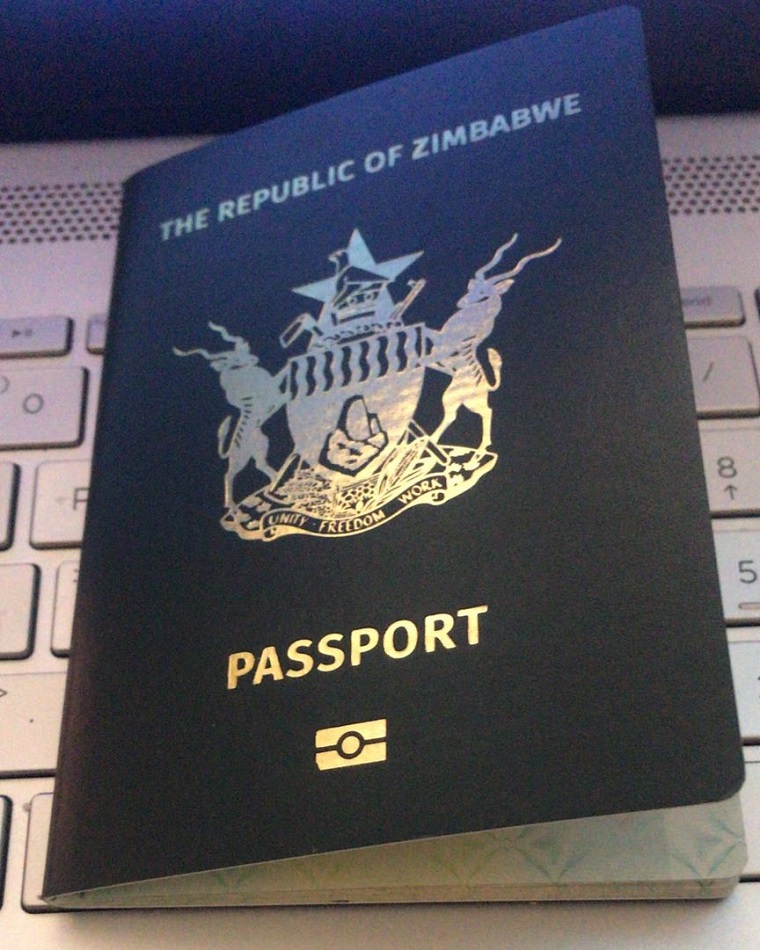For families in communities affected by the early disturbances, this amounted to healing delayed, indeed a painful reminder of the trauma they had endured and lived through, a pain which continued to manifest through their failure to access these key national documents. Investigations revealed that this unhappy state of affairs owed to many factors, among them the onerous and rigid registration requirements the authorities demanded for issuance of these vital documents by which citizenship is either validated or rendered nominal or even denied, depending on access.
The other reasons related to costs which both a centralised and city-centred service imposed on those who needed the service the most, yet afforded the costs of getting it the least.
We resolved the matter through a series of decisions which, among other measures, simplified requirements for issuance of documents; measures which brought the service closer to communities through mobile registration and issuance units, and through decentralisation and making the registration process free. I am now happy that access to birth certificates and national identity cards has vastly improved, with many who had lived in the twilight zone of citizenship feeling they now belong and are empowered.
Our eyes are now trained on availability of passports and other travel documents, both to citizens here at home and to those living in the Diaspora. Through an inventive panoply of measures we have now taken, I am confident all the rights and benefits related to citizen documentation as promised by Chapter 3 of our Constitution will be efficiently met and delivered to our citizens.
The measures we have taken include:
Introducing E-Passports which are cheaper, faster and which incorporate international features and standards as recommended by the United Nations;
Decentralising the service to all district centres in the country, a process which I launched recently in Murewa. As I write, seven other centres, which include Beitbridge, Hwange, Bulawayo, Lupane, Gweru, among others, are already issuing E-Passports. By the end of September this year, we expect the number of such service centres to rise to 14, with the momentum being maintained until all the districts are covered.
Extending such services to Zimbabwe’s key embassies and consulates in countries where large communities of Zimbabweans living abroad are found. Already, work has started in Pretoria, Johannesburg and Cape Town, so the large community of Zimbabwean emigres living there will be served. Plans are underway to launch similar outreach services in Lusaka, Zambia, in London, United Kingdom, in Washington and New York in USA, in Australia and in the Middle East. Such facilities will respond to needs ardently expressed by Zimbabweans living abroad whom I had the pleasure to meet and interact with during my various fixtures abroad.
With these cocktail of measures we have already taken or are about to take, I am confident that we will be in full compliance with expectations of our Constitution on this one matter.
By President Emmerson Mnangagwa for the Sunday Mail
(180 VIEWS)


